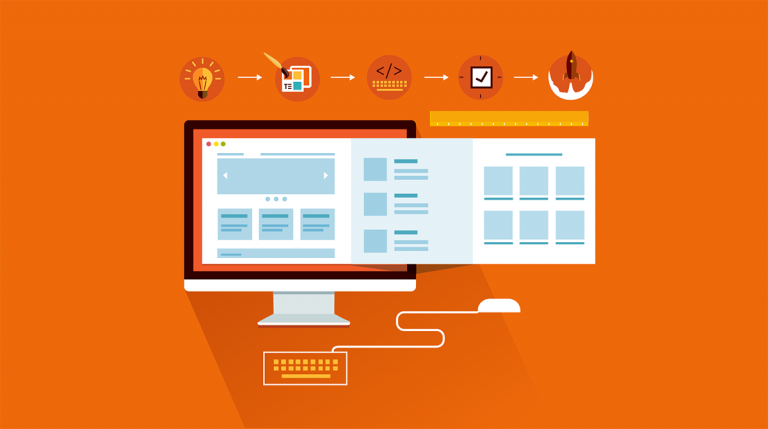Recently, the SaaS model has gained great popularity in the software industry. Developers are increasingly offering to purchase their products in this way or via a saas design agency. Let’s consider the main features of this technology, its pros, and cons, as well as how it differs from the usual software purchase.
Features of Software as a Service
The name of this technology literally translates from English as “software as a service”. Its essence is that the user does not buy a specific product – a program, service, or package, but subscribes. In this case, the software is located on the developer’s server, and not on the user’s computer, and he uses its functionality via the Internet.
This is convenient, first of all, because the user is free from any technical nuances: there is no need to download the application, install it, monitor the relevance of the version, and update it independently. And the fact that such software, as a rule, supports all operating systems and devices, solves the compatibility problems that are often found in the installed programs.
It is more like renting it rather than buying a product. The most common is a small monthly payment with the ability to unsubscribe at any time, which is quite beneficial. This price includes unlimited use of all components of the package during the allotted time, updates, and technical support.
By purchasing such software, companies also save on equipment and technical personnel, since there is no need to administer products, create separate servers, and maintain them.
All information that users upload to the program is in the cloud storage. Thus, “Saas” provides ample opportunities for collective work with data. In addition, such services are always available: you can open them at any time, anywhere, from any browser – the main thing is the presence of an Internet connection.
Pros and cons
Saas solutions have such significant advantages:
- no installation required – the user saves time and space on the hard disk;
- no need to administer programs – update, resolve compatibility issues, etc .;
- savings – if you don’t like the product, you can choose not to renew your subscription, saving money;
- simplification of the IT infrastructure – everything is on the developers’ server;
- fight against piracy – as there is no final product, pirates have nothing to distribute;
- cross-platform and cross-browser compatibility – access can be obtained from any device;
- relevance – developers can improve the product in real-time and instantly respond to any security breaches.
The disadvantages include:
- the dependence of the system on the speed and quality of the Internet signal – if it is weak, it will not be possible to speed up the program;
- conditional unreliability – although in our time Internet outages are extremely rare, they are still possible, and then the work will “stop”;
- business data gets to a third-party provider, which may be unsafe;
- low privacy – sharing data with multiple users can be both an advantage and a disadvantage.
Today, with a fast pace of life, when performance, mobility, accessibility, and simplicity are most valued, and people are increasingly willing to trust their information to cloud services – Software as a Service technology clearly has more fans than opponents.
If you want to take advantage of all the possibilities of such software, first of all, pay attention to the popular product from Microsoft – Office 365. Or subscribe to the 1C online service, which contains many tools for working with databases. Of the free services, these are, of course, well-known services from Google: Docs, Drive, etc. Or you can simply turn to the professionals of the Halo lab who will do everything for you!

